Perspectives from Lisbon: Prioritising nightlife in state agenda
Learn more about Jordi Nofre, Iñigo Sánchez-Fuarros and Cristiana Vale Pires.
This text was originally published in Portuguese for the online version of Público, a Portuguese daily national newspaper based in Lisbon, Portugal.
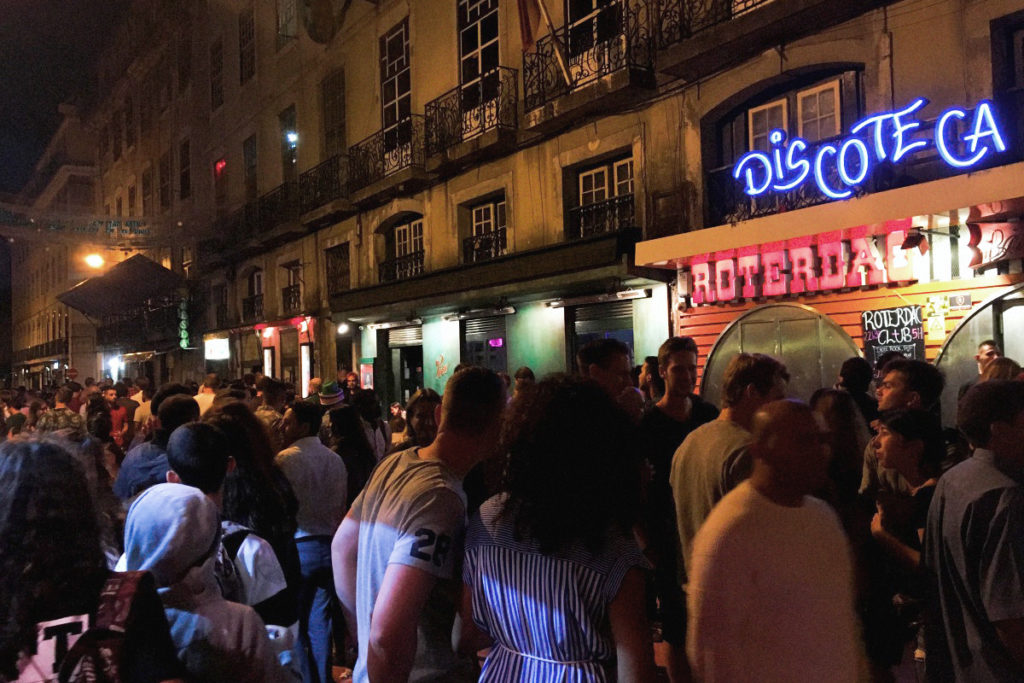
As a consequence of the COVID19 pandemic and the unprecedented lockdown imposed by many national governments in both the global North and South, the nighttime leisure industry has stalled in many cities worldwide. An increasing number of international voices from the nightlife industry – especially from Europe, the United Kingdom and North America – have highlighted their concerns in view of the profound consequences that the indefinite interruption of this economic activity might have for the sector, thereby also including interrelated activities (beverage companies, DJs, artistic performers, etc.). With the progressive destruction of thousands of jobs, and the consequent growing financial hardship across the sector, the definitive closure of an important number of restaurants, bars, clubs and nightclubs looms as a most probable scenario.

In many European cities (and beyond), the absence of either local or national cultural policies recognising and enhancing nightlife as an integral part of the cultural sector of the country has fostered the deepening of a highly uncertain post-pandemic scenario. Today, already into the second month of confinement, this scenario appears just as uncertain and more worrying than ever.
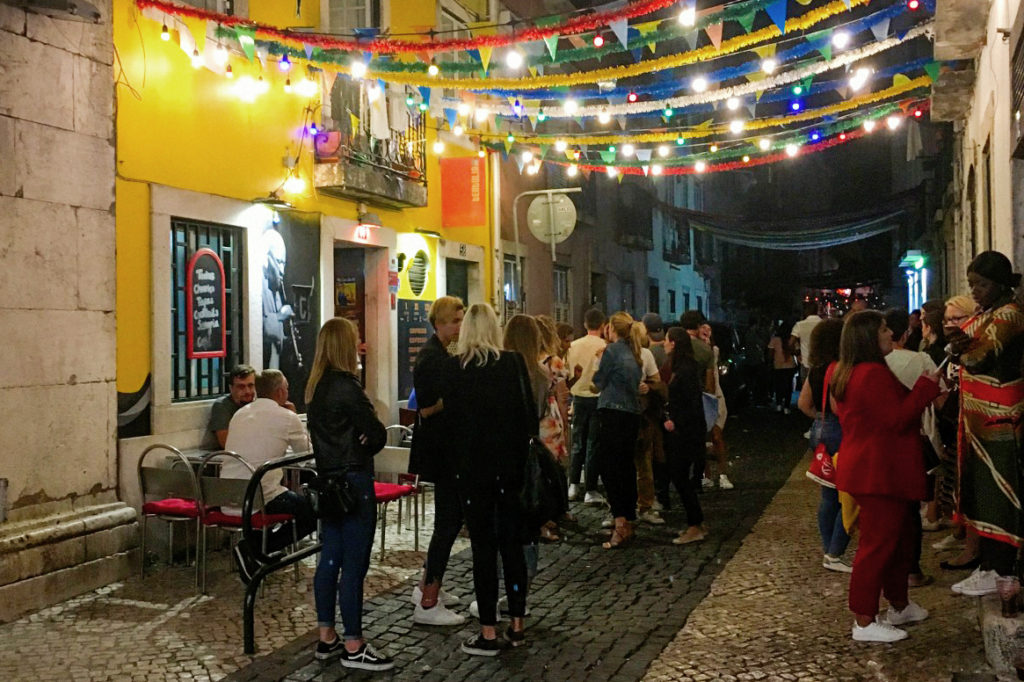
The hopes of some nightlife haters (i.e., the apostles of a supposedly appropriate morality: diurnal and deeply Judeo-Christian) face off and clash with the concerns of night lovers for whom the purely economic aspect of this pandemic (capitalist) crisis is clearly outweighed by other types of concern: losing the night as the time-space for pleasure with friends, meeting new people, dancing, discovering new music and feeling the experience of extraordinary instant, and even incredibly intimate, connections in a space full of strangers.
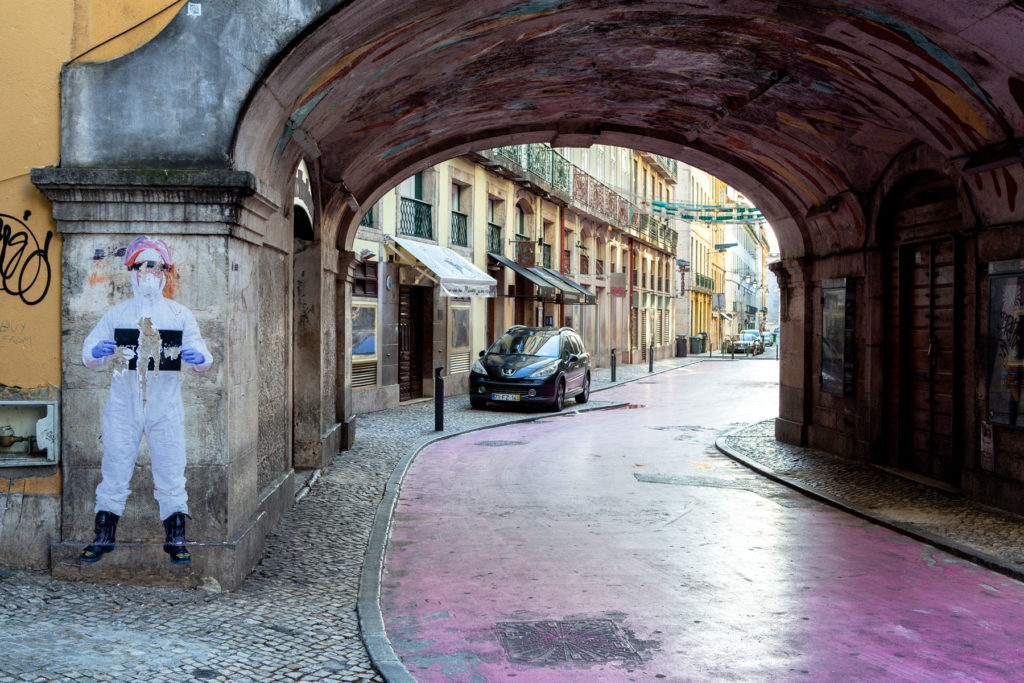
In our research work carried out over this past decade, we have found that, for night lovers, the transgression usually associated with ‘the night’ appears not only as a mechanism for hedonistic amusement but also an escape from daily life, which is shaped by extreme fragility and distressing uncertainty for many people. A shaken-not-stirred cocktail of Foucault, Bakhtin and Baudrillard takes us into this complex world of ‘the night’ – dancing or not dancing – as a simulated evasion of everyday life characterised by oppression and repression (especially class-based, feminized and radicalised) in which a thick fog prevents us from glimpsing our individual and collective horizons. Therefore, many night lovers correspondingly do opt to escape, imagine, and dream; ‘the night’ as the time-space of resistance and self-collective affirmation. Therefore, it should come as no surprise that, under these times of lock-down and confinement, many DJs, promoters and night lovers in general have reacted quickly by streaming their initiatives (music sessions, domestic parties, talks, etc.) from their homes, garages or even from empty clubs that highlight, today more than ever, the social and cultural value of nightlife. ‘The night’ thus continues to be streamed from homes… but loses its social and convivial character.
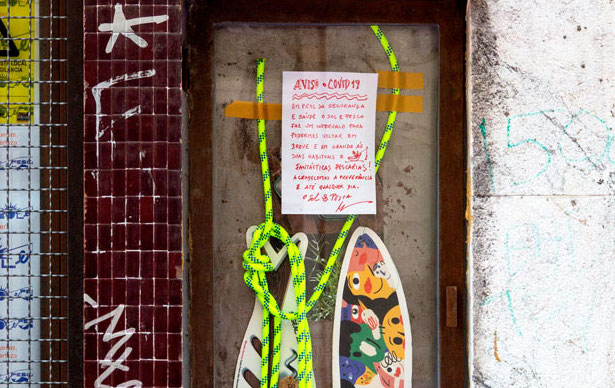
Back to normality in the ‘Nocturnal City’, in Rob Shaw’s terminology, raises numerous doubts and uncertainties. The establishment of social distancing and the conversion of people’s biological condition into a bio political device for social control – and, therefore, into a new factor for the production and reproduction of new segregationist policies between the healthy and the sick – pose challenges of unimaginable magnitude for the nighttime leisure industry not only in Europe but far beyond.
Drastic limitations on the capacities of bars, restaurants, clubs and discos as well as the adoption of (new) hygienic measures will drive extraordinary tensions in the viability of businesses, leaving especially vulnerable those small-sized venues that usually do not count on the support of real estate investment funds or nighttime leisure sector business groups. Indeed, those venues belonging to the largest operational nightlife groups still retain some financial capacity to mobilize contingency strategies that may even cope with longer or shorter periods of prolonged lockdown. However, a large proportion of nightlife venues either lack this financial capacity or do not hold sufficient liquidity to cope with the likely prolonged lock-down or – being openly optimistic – a reopening of the sector conditioned by severe limitations.
Because nightlife is central to the tourism and industry of so many European cities, it is precisely now that the great concern shared among the different actors in the urban nightlife of European cities appears most starkly: Can the nightlife sector survive the economic effects of this pandemic without state support?
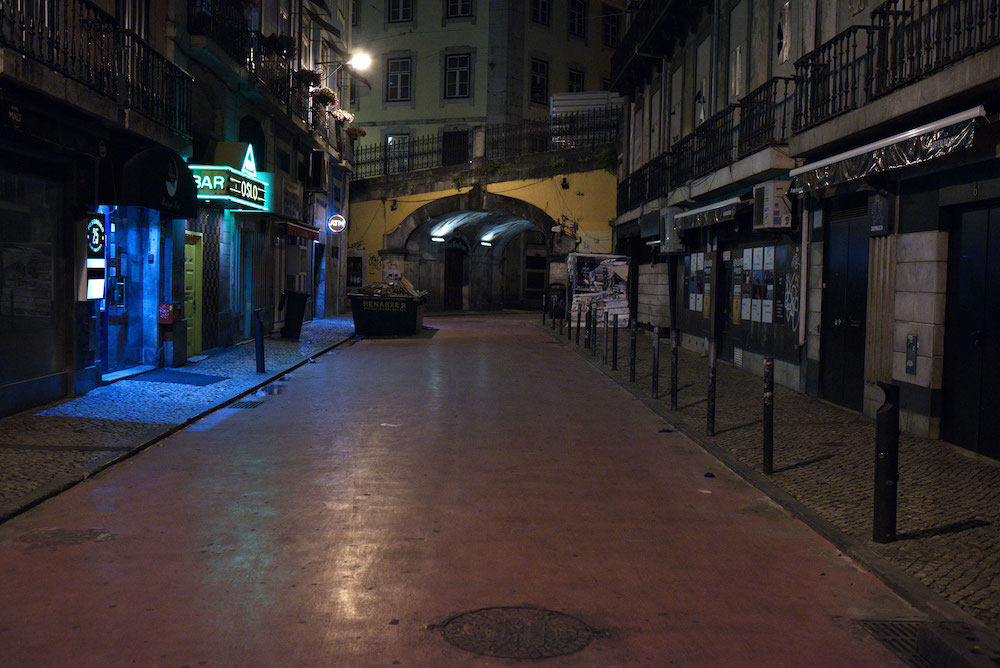
The forthcoming post-pandemic scenario, with its launch date diluted by a thick and gloomy fog of interests that reaches beyond purely sanitary and political aspects, should institutionally and publicly recognize nightlife as an intrinsic part of cultural policies across the local, national and European levels. Meanwhile, and in response to the expected bureaucratic delays in approving and implementing such changes in cultural policies at multiple levels, there is the clear need to enhance ‘the night’ as an efficient source of social and emotional wellbeing, inclusion and community building. The enormous socioeconomic (but still uncharted) impacts related to the COVID-19 pandemic are compounded by the psychological and emotional impacts on individuals, especially among the hundreds of thousands of people who, in this Europe of digital entrepreneurship, big pharma, and advanced technology industry, still experience working poverty conditions.
The ‘night’, both formal and informal, institutional and non-institutional, and including all its extraordinary networks of individual and collective meanings, can constitute an efficient mechanism for socio-emotional well-being and mutual psychological support within our communities after this period of prolonged confinement and isolation. In other words, and here raising one of the core questions for recovering nightlife in the post-COVID19 world: how do we minimize the emotional and psychological impacts of social distancing, biopolitical control and the ecology of (embodied) fear on nightlife. Sharing, empathy, fun and escapism. Resist and start again.
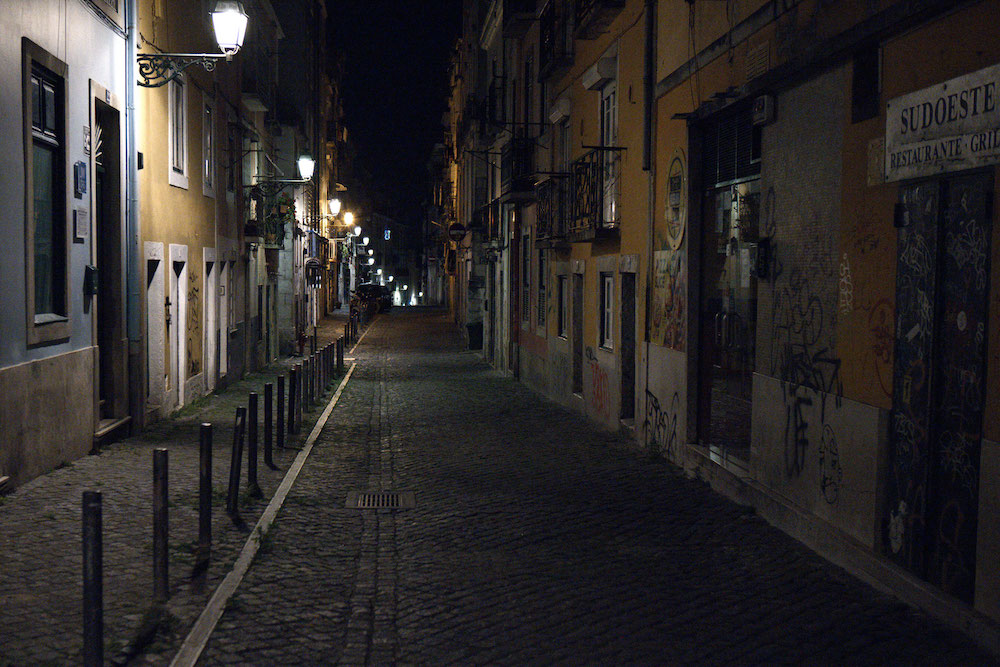
If you are a Lisbon-based artist or musician or nightlife venue owner, or you work at a club/bar/concert venue or you are simply a devoted partygoer, please take a few minutes to answer our survey about the impact of COVID-19 on Lisbon’s urban night.
Jordi Nofre is Principal Researcher at the CICS.NOVA and coordinator of LXNIGHTS, an international research network in the urban night based at the Universidade Nova de Lisboa.
Iñigo Sánchez-Fuarros is Ramón y Cajal Senior Postdoctoral Researcher at the Institute of Heritage Science (Incipit CSIC) and Principal Investigator of the research project Sounds of Tourism.
Cristiana Vale Pires is a researcher at FEP-UCP and member of Kosmicare. She is currently involved in the Sexism Free Night project funded by the European Commission.
